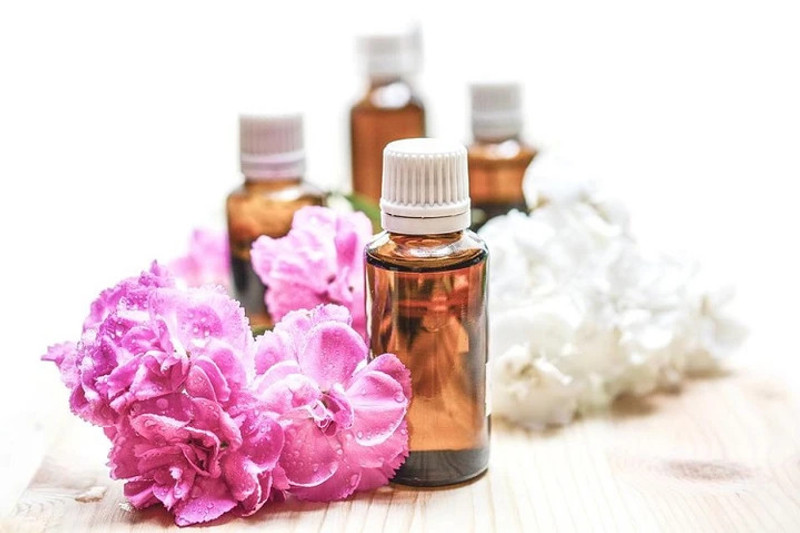What is inflammation?
Inflammation is an important part of the body’s immune response. Inflammation occurs in response to infection, injury, or irritation. While inflammation is important and necessary, our body’s are imperfect. In some cases, such as autoimmune diseases, inflammation can become a problem, causing discomfort, pain, and even lasting damage to our body.
Inflammation and stress
Like inflammation, stress is a normal and necessary physiological response. However, prolonged stress is destructive to both the body and mind. One harmful outcome of prolonged stress is an alteration to the body’s inflammatory response.
Scientists believe that, over time, stress can alter our body’s sensitivity to a hormone called cortisol. Amongst other functions, cortisol plays a role in reducing the body’s inflammatory response. Prolonged stress tends to result in elevated levels of cortisol in our body and, over time, our tissues become less sensitive to its effects. One outcome of these changes is an increased tendency toward inflammation.
How can essential oils help with inflammation?
Essential oils which may act directly on inflammation
The most common pharmaceutical drugs used to treat inflammation are the nonsteroidal antiinflammatories (NSAIDs.) NSAIDs work by suppressing the action of enzymes in our body, called COX-1 and COX-2, which form part of our inflammatory response.
Studies have found that certain essential oils work in a similar way, by directly acting on the COX-1 and COX-2 enzymes which are so important to inflammation. One study found that compounds in several essential oils can work in a similar way, leading to a reduction in the activity of COX-2 enzymes. These included oils of (in order from most effective to least effective):
- Thyme
- Clove
- Rose
- Eucalyptus
- Fennel
- Bergamot
Essential oils to reduce stress
While some essential oils may act directly on the stress response, scientists are still investigating their effects. However, the link between using essential oils and reduced stress is firmly established.
Ylang Ylang and Lavender
A study from 2012 looked into the effects of oils on stress. Participants inhaled a blend of ylang ylang, lavender, marjoram, and neroli oil. Scientists found that participants who inhaled the essential oil blend had a significant decrease in the levels of cortisol, as well as decreases in blood pressure, another important marker for stress.
Bergamot
Citrus essential oils have long been associated with reductions in stress. In 2015 scientists conducted an experiment in which healthy volunteers were asked to inhale vaporized bergamot essential oil. Participants reported reductions in negative emotions, a finding which was supported by measurements which showed reductions in heart rate and cortisol levels in those who inhaled bergamot essential oil. Other studies have shown similar results for other citrus essential oils, including bitter orange, and yuzu.
CBD for Inflammation
Essential oils aren’t the only plant extracts known to help reduce inflammation. One of the most well-studied botanical extracts for treating inflammation is cannabidiol, or CBD, a non-psychoactive compound extracted from the hemp plant.
CBD has been extensively studied for its antiinflammatory effects and the results conclusively show that CBD can be a viable alternative to NSAIDs, which are known to produce serious side effects, especially following long-term use.
CBD is effective both taken internally in the form of CBD oil, and when used topically, like in CBD serums or face masks. The right approach will depend on your condition, and it may take a little experimentation to find what’s right for you.

